Widow recalls husband’s horror death after mistreatment at nursing home
A woman whose husband was given a massive overdose at an Adelaide nursing home broke down as she spoke of his appalling abuse.
Illness
Don't miss out on the headlines from Illness. Followed categories will be added to My News.
The woman who blew the whistle on abuse of dementia patients at Adelaide’s infamous Oakden nursing home has spoken out about her husband’s appalling treatment.
Barb Spriggs, whose husband Bob died in 2016 after being mistreated and overmedicated at Oakden, appeared as the first witness before the royal commission into aged care on Monday, becoming emotional as she recounted his horrific ordeal.
She questioned why her concerns were downplayed or ignored for so long and told reporters after her testimony that it was still painful to recount her family’s story.
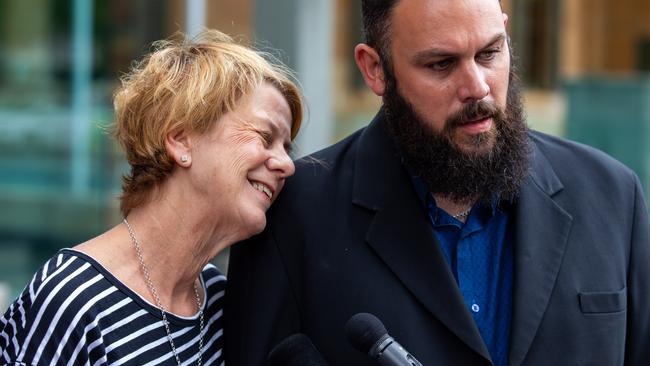
Mr Spriggs was reportedly given 10 times the amount of his prescribed medication and left with unexplained bruises while staying at the Oakden nursing home
In her evidence, Mrs Spriggs said she still did not know exactly what happened to her husband and why others could not see how bad the conditions in Oakden were.
She urged the royal commission into aged care to use the evidence it hears to fix the broken system.
“I hope that they can use all the evidence that they get to make the changes that need to be made,” she said.
Mrs Spriggs said the commission would have plenty of material to work with to reform and improve the sector and she hoped she had “set the scene” for others to tell their stories to the inquiry.
The shocking treatment of dementia patients at Oakden in part sparked the royal commission which will take evidence from advocacy and industry groups, medical professionals and people receiving both institutional and home care.
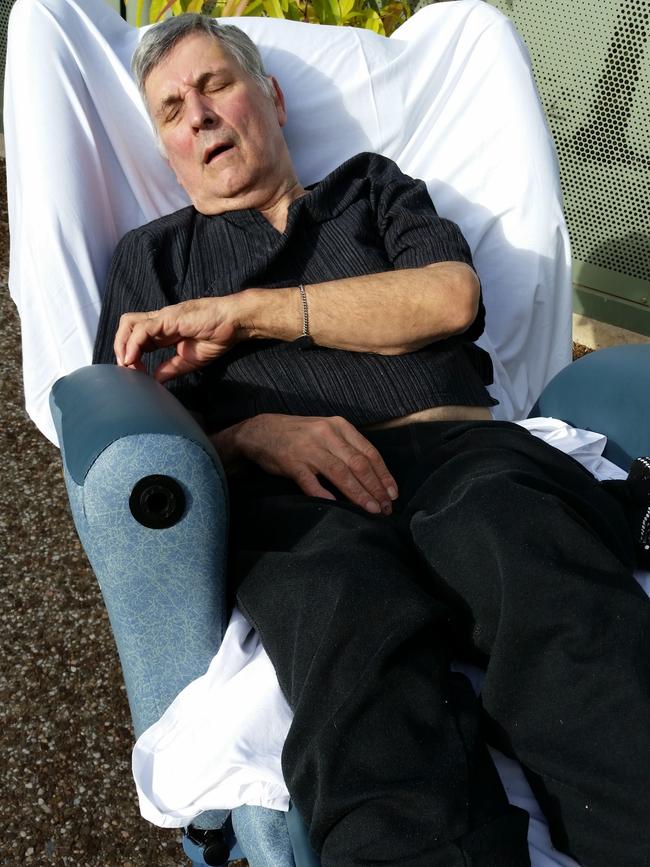
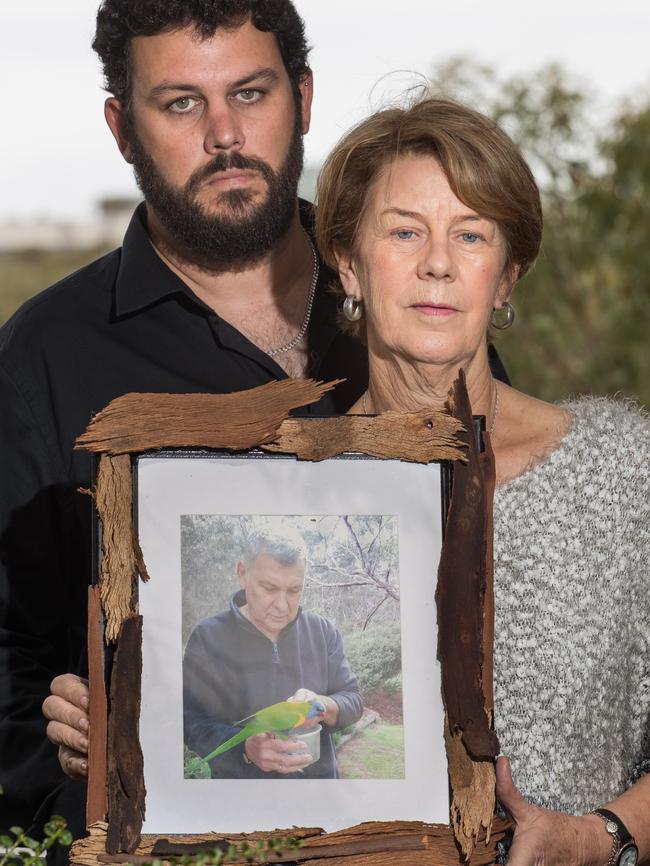
“I should not have had to battle long and hard for months to be heard,” she said. “I could easily have decided that it was not worth all the trouble, as I was coming up against so many brick walls.”
Mrs Spriggs criticised the lack of accountability in the aged care sector, questioning if her husband’s abusers were still working at other facilities. She called for an accessible way for people to get information, particularly when they had serious concerns.
“There needs to be a very clear pathway that an everyday person can follow if they or someone they are caring for experiences a problem,” she said. “There has to be a much easier, uncomplicated road to travel.” Mrs Spriggs said CCTV cameras should be installed in all common areas at aged care centres and be an option for use in private areas.
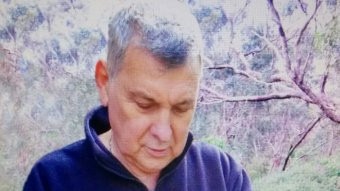
In his evidence, her son Clive called for a national database of aged care workers to prevent those guilty of abuse or sub-standard care from simply moving between facilities or between states.
“They do it for doctors and other health care professions, so I see no reason why it can’t be done for aged care,” he said.
In other evidence on Monday, Council on the Ageing chief executive Ian Yates said it was really important for aged care providers to encourage people to come forward with any complaints as a quality assurance mechanism. “You want people to say what’s gone wrong,” he said.
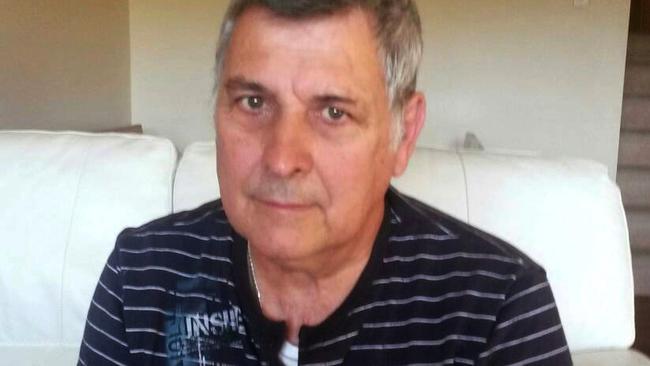
Originally published as Widow recalls husband’s horror death after mistreatment at nursing home


